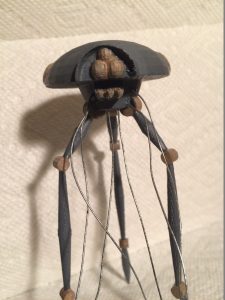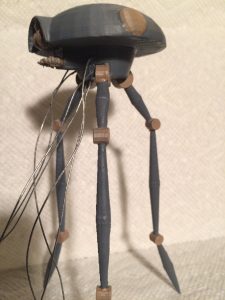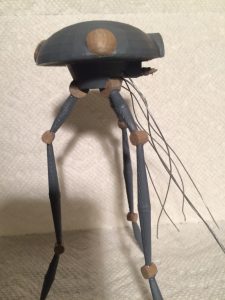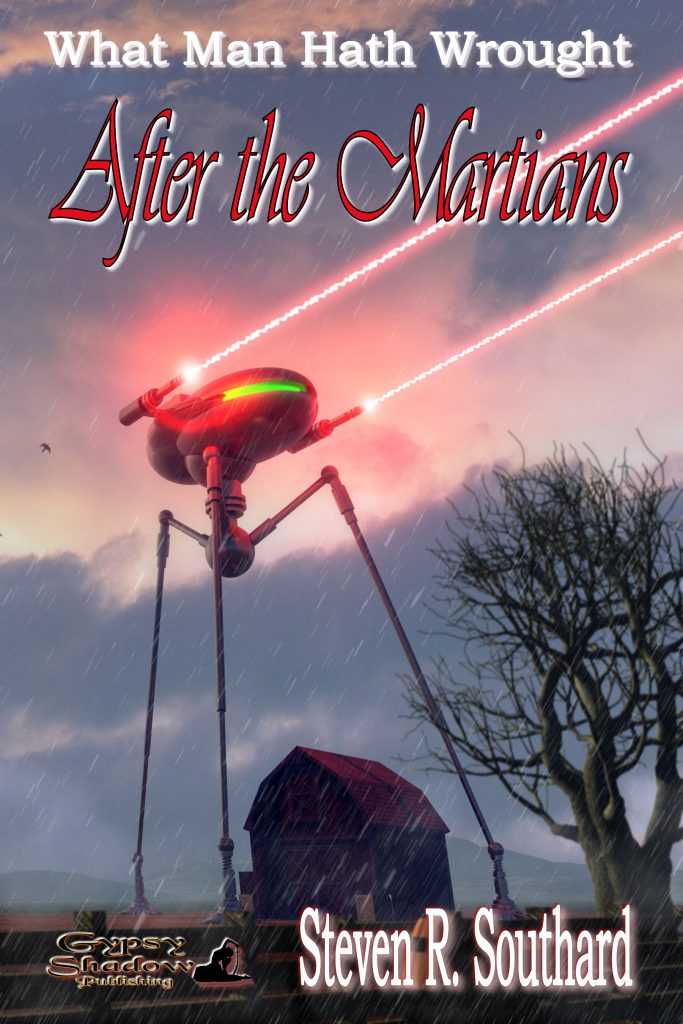It’s the question readers ask authors most often: “Where do you get your ideas?” I’ve blogged about that before, but today I’ll reveal the birth of the idea behind my just-launched book,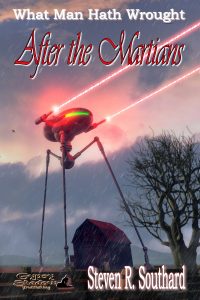 “After the Martians.”
“After the Martians.”
It wasn’t my idea at all.
My friend, fellow author, and critique group partner, Andy Gudgel, thought of the idea. Heaven knows where he got it. At one of our critique group meetings, he mentioned he’d like to write a sequel to H.G. Wells’ The War of the Worlds, but his story would deal with the aftermath, with dead Martians lying around, but also their technology. After all, the tripod fighting machines would be still standing where they stopped. The assembly machines would be intact and stationary near the landing sites of the Martian projectiles. Even a few flying machines might be available.
Andy’s idea was that humans would then use these weapons in a very different version of World War I.
This notion captivated me, and I urged him to write the story. Each time he sent us manuscripts of other tales, I’d ask him about the Martian story. “This one’s good, Andy,” I’d say, “but when are you going to give us that War of the Worlds sequel?”
Then at one December meeting, (at which we exchange little gifts to each other), I unwrapped his gift to me, and there were all his notes, and his copy of H.G. Wells’ novel. A note stated he was giving his story idea to me. I should write the tale, since he would not likely ever get around to it.
Wow! That could be the greatest gift one writer could give to another.
I say ‘could be’ because of an emotionally painful event that happened to me some twenty years earlier. At that time, I belonged to a different writing critique group. One other group member had written more than half of his novel. As I recall, it involved a modern-day (well, mid-1990s) nuclear attack on the United States.
Sadly, this writer died young. He had not completed writing that novel, let alone sent it to any agents or publishers.
His wife wrote to me to say how much her husband had appreciated my critiques of his work, and said he’d wanted me to finish, and seek publication of, his novel.
With a heavy heart, I had to decline the offer, but found it gut-twisting to tell his widow that. To write a story, I must have passion about it and care deeply about it and about the characters. I just didn’t feel that way in this case. Moreover, even if I’d had that enthusiasm, I would have had to rewrite large portions of the other writer’s novel to make it mine, and would have felt terrible about not honoring the deceased writer’s wishes exactly, or not living up to his hopes.
In the case of Andy’s WotW sequel, he hadn’t started writing yet. He’d compiled some notes and a rough outline, but I decided to take the story in a different direction than he’d planned. I didn’t feel badly about that, since he hadn’t begun the actual writing and my passion drove me toward the story that became “After the Martians.”
That’s the story behind the story written by—
Poseidon’s Scribe

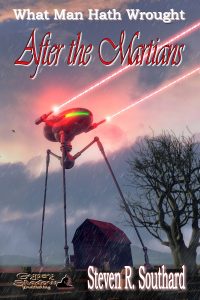 After the Martians”
After the Martians”  tied for third (with two other stories) out of thirty-nine entries in the Science Fiction short story category. That’s wonderful! The story earned a Top Ten Finisher emblem, and it ended up in the top eight percent of the entries.
tied for third (with two other stories) out of thirty-nine entries in the Science Fiction short story category. That’s wonderful! The story earned a Top Ten Finisher emblem, and it ended up in the top eight percent of the entries. In a Cat’s Eye (in which my story “The Cats of Nerio-3” appears) didn’t do as well, placing seventeenth out of sixty in the Anthology category. Still, that’s in the top third of many, many entries. Thanks also to those who cast a vote for that anthology.
In a Cat’s Eye (in which my story “The Cats of Nerio-3” appears) didn’t do as well, placing seventeenth out of sixty in the Anthology category. Still, that’s in the top third of many, many entries. Thanks also to those who cast a vote for that anthology.
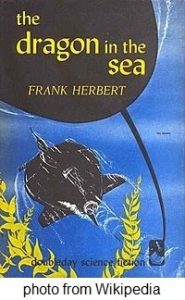
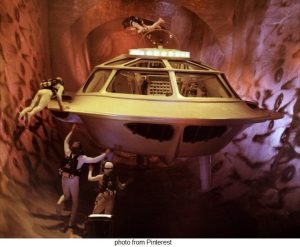
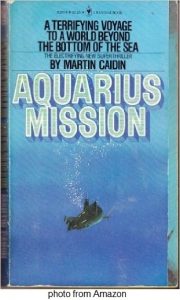
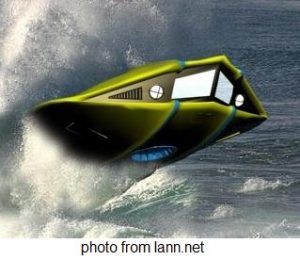

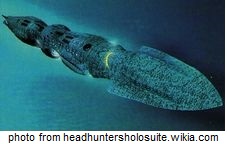

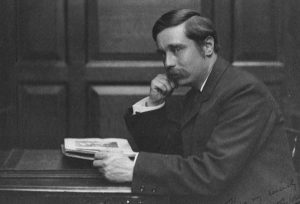
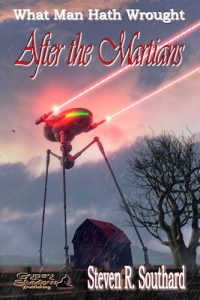

 Regardless how that question is resolved, it’s a reminder of the influence certain images have on us.
Regardless how that question is resolved, it’s a reminder of the influence certain images have on us.